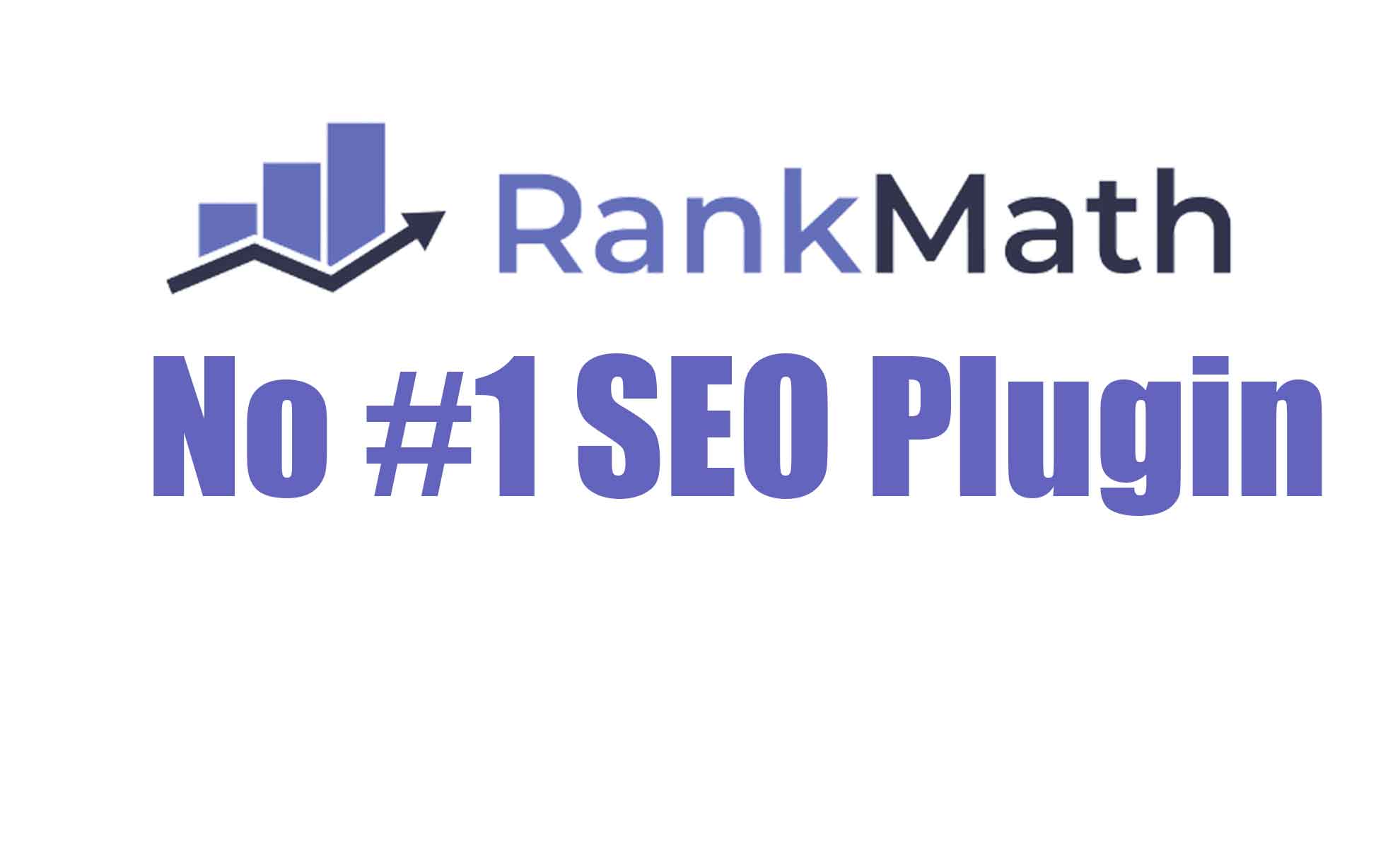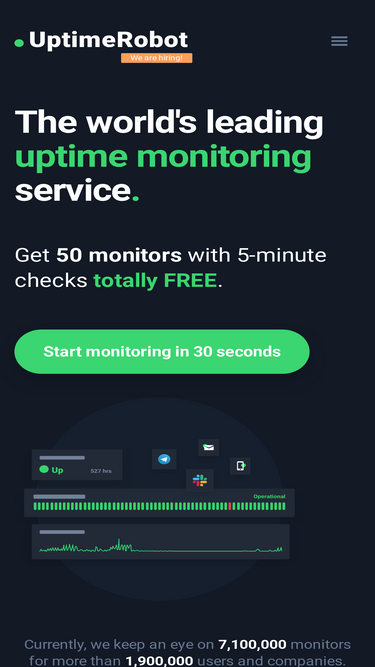
What is the definition of bounce rate in SEO?
What is the definition of bounce rate in SEO?

Howdy, Stranger!
It looks like you're new here. If you want to get involved, click one of these buttons!
Quick Links
Categories
- 6.3K All Categories
- 84 Announcements
- 1.3K General Talks
- 919 Shared Hosting Offers
- 198 Reseller Hosting Offers
- 2.2K VPS Hosting Offers
- 200 Cloud Hosting Offers
- 974 Dedicated Server Offers
- 11 Hybrid Server Offers
- 8 Colocation Offers
- 39 Domain Name Offers
- 3 Hosted Email Offers
- 67 Search Engine Optimization
- 246 Other Hosting Offers
- 34 Tutorials
- 43 Black Friday and Cyber Monday and Celebration Offers
In this Discussion







Comments
In the context of SEO (Search Engine Optimization), the bounce rate refers to the percentage of visitors who navigate away from a website after viewing only a single page, without interacting with the page or taking any further actions. In other words, a high bounce rate indicates that visitors are leaving the website shortly after arriving, without exploring other pages or engaging with the content.
Bounce rate is often measured as a percentage, calculated using the following formula:
Bounce Rate = (Number of Single-Page Sessions) / (Total Number of Sessions) * 100
Here's what different bounce rates might indicate:
High Bounce Rate (typically over 70%): A high bounce rate could suggest that visitors aren't finding what they expected on your website or that the landing page isn't engaging enough. It might also indicate issues with the website's design, navigation, or content quality.
Low Bounce Rate (typically under 40%): A low bounce rate generally indicates that visitors are engaging with your content and exploring multiple pages on your website. However, it's important to note that a very low bounce rate might suggest that the tracking code on your website isn't properly implemented.
Average Bounce Rate: The average bounce rate can vary based on the type of website, industry, and purpose. E-commerce sites might have different bounce rate expectations than informational blogs, for instance.
It's important to consider the context when interpreting bounce rates. Some factors that can influence bounce rates include:
Relevance of Content: If visitors are finding exactly what they need on the landing page, they might not feel the need to explore further pages.
Website Design and Usability: A poorly designed website with confusing navigation can lead to higher bounce rates.
Page Load Speed: Slow-loading pages can frustrate visitors and lead to higher bounce rates.
Mobile Responsiveness: With a significant portion of web traffic coming from mobile devices, a non-mobile-friendly site could lead to higher bounce rates.
Quality of Content: If the content doesn't meet visitors' expectations, they might leave the page quickly.
User Intent: Sometimes, visitors might have a specific question and find the answer on the first page they visit, leading to a bounce.
It's important to monitor bounce rates, but also to consider other metrics like time on site, conversion rates, and engagement metrics to get a more comprehensive understanding of how users are interacting with your website. A high bounce rate in isolation might not necessarily indicate a problem if other engagement metrics are positive.